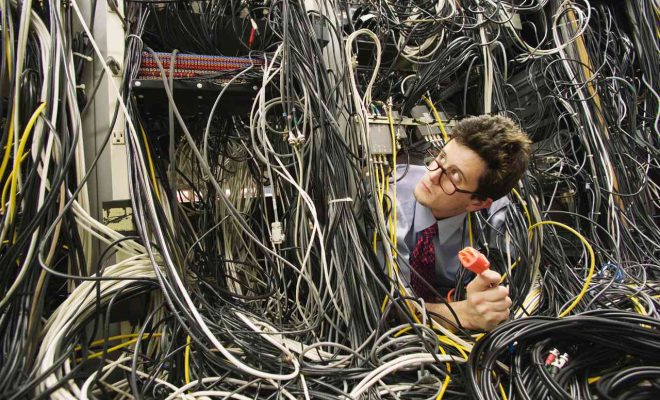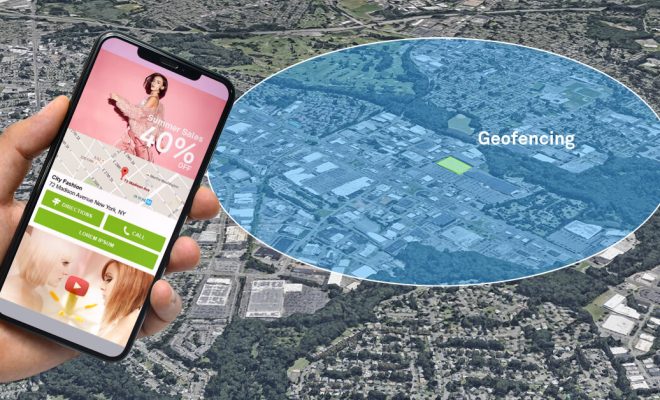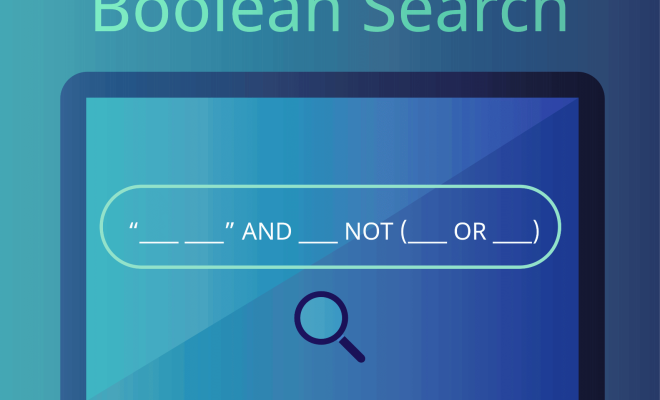What Causes Network Lag and How to Fix It

Network lag is one of the most frustrating experiences for users when it comes to online activities such as gaming, streaming, or video conferencing. Network lag can be defined as the delay or latency that occurs between a request sent by a user and the response received by the server. This delay can negatively impact the quality of your online experience, making it difficult to play games, stream videos, or communicate effectively.
There are several factors that can contribute to network lag, these include:
1. High Network Traffic:
This is the most common cause of network lag. When there is too much traffic on a network, data packets may take longer to reach their destination due to congestion. This can cause a delay in response time and make online activities slow or unresponsive.
2. Slow Internet Connection:
If your internet connection is slow, it can significantly affect your online experience. Slow download and upload speeds can cause delays and buffering during online activities, leading to network lag.
3. Hardware or Software Issues:
Outdated or malfunctioning hardware or software can cause network lag. This can be anything from outdated drivers, firmware, or software to outdated and out-of-date network cards.
4. Network Distance:
The distance between a user’s machine and the server can cause network lag. The greater the distance, the longer it takes for data to travel back and forth, causing delay and lag.
How to fix network lag:
1. Check your Internet Connection:
The first step in fixing network lag is to check your internet connection. You can use an online speed test to determine the upload and download speeds of your internet connection. If your internet connection is slow, contact your internet service provider (ISP) for help.
2. Reset your Router:
Resetting your router can help eliminate any issues with your network connection. To reset your router, turn it off for a few minutes, unplug it from the power source, and then plug it back in.
3. Upgrade your Hardware:
Outdated hardware can cause network lag. Upgrading your network card, router, or best gaming keyboard can result in faster data transfer speeds and better performance.
4. Close Unnecessary Programs:
Closing any unnecessary programs or processes running in the background can free up resources and improve network performance.
5. Optimize Game Settings:
Some games have graphical settings that can be tweaked to improve performance. Adjusting these settings can help reduce lag and improve your gaming experience.
6. Connect with Ethernet: Wi-Fi can be susceptible to interference and signal disruptions that can cause lag. Connecting your device directly to your router using Ethernet cabling can help eliminate these issues.
In conclusion, network lag can be incredibly frustrating, but there are several ways to fix it. Check your internet connection, reset your router, upgrade your hardware, close unnecessary programs, optimize game settings, and connect with Ethernet. By following these tips, you can eliminate network lag and enjoy a smoother online experience.






